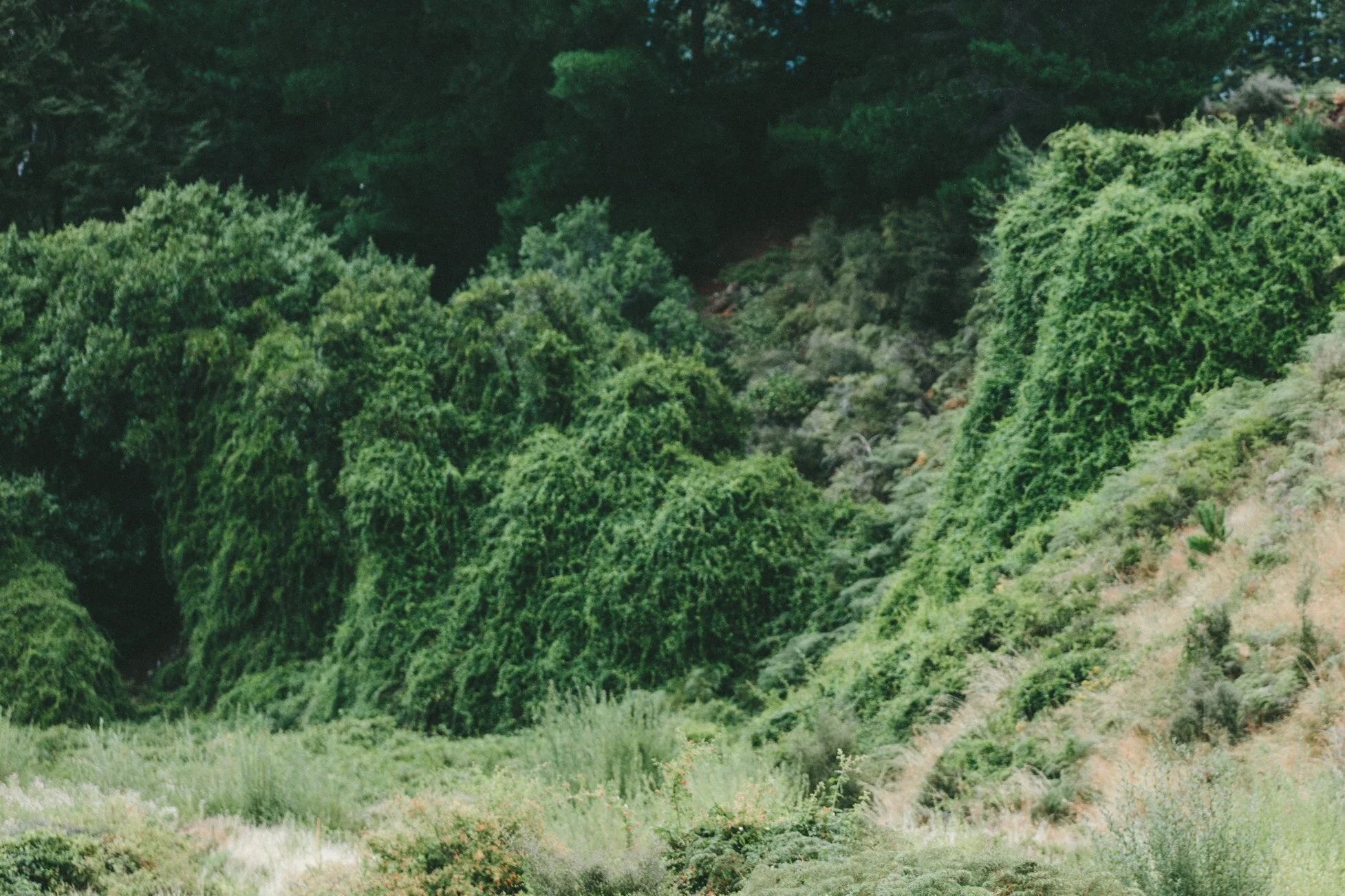
Remember. Reconnect. Regenerate.
Joyfully remembering our interdependence with each other and the living earth.
Re/Village works on common space, shared ritual, and community infrastructure to support a Seven Generations Vision for the Green Valley bioregion of West Sonoma County, California.
Rekindling Relationship
Restoring collective health and resiliency— from food & water to forests & family systems— is a process that flows from the kinship we share with those around us. This sense of being in it together, of sharing a home, is ancient.
Re/Village is about rekindling relationalities that run deeper than the transactions that dominate the modern age. In the process of coming to know and love a specific place, we naturally begin to work in service of “all our relations.”
Real regeneration begins and ends with relationship.
Graton & the Green Valley
We began our work in Graton, at the heart of the Green Valley / Atascadero Watershed. Our bioregion is roughly bounded by the Russian River to the north, the California Coast Mountain Range to the west, and the Laguna de Santa Rosa wetland to the east. The Valley is encircled by Forestville, Occidental, and Sebastopol.
With our rich biodiversity, engaged community, and history of cultural innovation, we believe our small bioregion can be an “island of coherence” where vibrant village life co-evolves with regenerative agroecology.
Re/Village Green Valley is stewarding a Seven Generations Vision for the village of Graton and the broader Green Valley bioregion.
Why “the Village?”
A village is an organism emergent from individuals and family systems. A cell in larger human and earth systems. It might be a “neighborhood” in a city or a “main street” in the country—its boundaries roughly defined by our relational capacity. Do I recognize the beings of this place? Do they recognize me?
Villages are big enough for individual self-sovereignty and small enough for interdependence. They hold diversity of belief and lifestyle while still having a distinct personality and essential spirit of place.
Villages can be grounded prototypes for radical resiliency and interdependence in the places we call “home.”
Our Work
Spotlight: Graton Town Square
We are spearheading an effort to revitalize the last undeveloped lot in downtown Graton (formerly a gas station) into a vibrant gathering space. After a year of work and over $1m raised from public grants and community donations, the site is usable to the point where we can host regular school field trips, community planting/learning days, and seasonal festivals.
Learn more about our work on the Town Square in partnership with the Graton Community Services District.
Emerging Opportunities
-
Repurposing the historic firehouse or warehouse space into a coffeehouse/marketplace for events, workshops, and social services, plus a “living library” bioregional bookstore.
-
Developing adjacent farmland to support new regenerative farmers and rematriating adjacent stream/wetlands for indigenous/community stewardship.
-
Creating mixed-use spaces along the bike trail to support sustainable living and reduce carbon footprints through integrated residential and commercial spaces.
Our Approach
Slowing Down to Listen
Re/villaging begins by slowing down enough to listen to a place and its inhabitants (human and non-human alike).
Healthy, symbiotic relationships begin with, and are sustained by, the gentle, repeated process of listening:
“What is really going on here?”
“What wants to happen?”
To listen in this way attunes us to the patterns. To the motion and stillness. We recognize ourselves as part of the living nature of a place, and begin the next inquiry:
“How do I relate to here and now?”
“What is mine to do?”
We listen again. And again. And right relationship (or “ecological niche,” “ikigai,” “purposeful work,” “product-market fit”) reveals itself.
In this listening, we begin to attune to the right relationship between interdependence and self-sovereignty at all levels.
Partners & Allies

“When you build a thing you cannot merely build that thing in isolation, but must also repair the world around it, and within it, so that the larger world at that one place becomes more coherent, and more whole; and the thing which you make takes its place in the web of nature, as you make it.”
― Christopher Alexander
A Pattern Language: Towns, Buildings, Construction
Join us in the village.
Sign up to be the first to know about our events or to get involved in our work.









